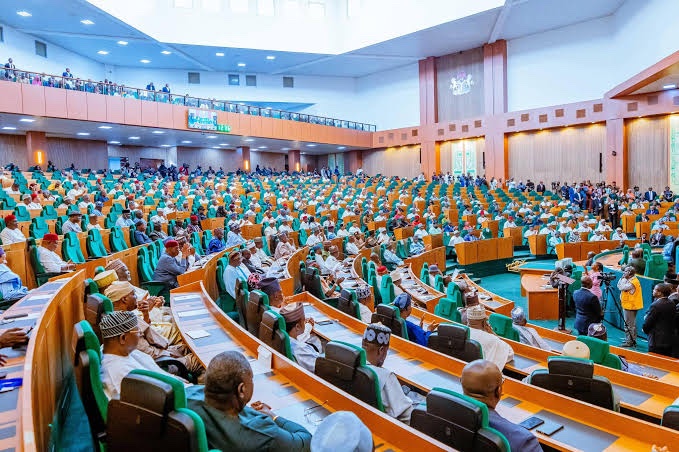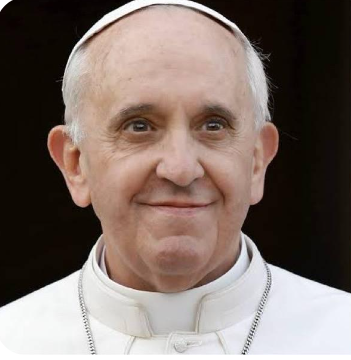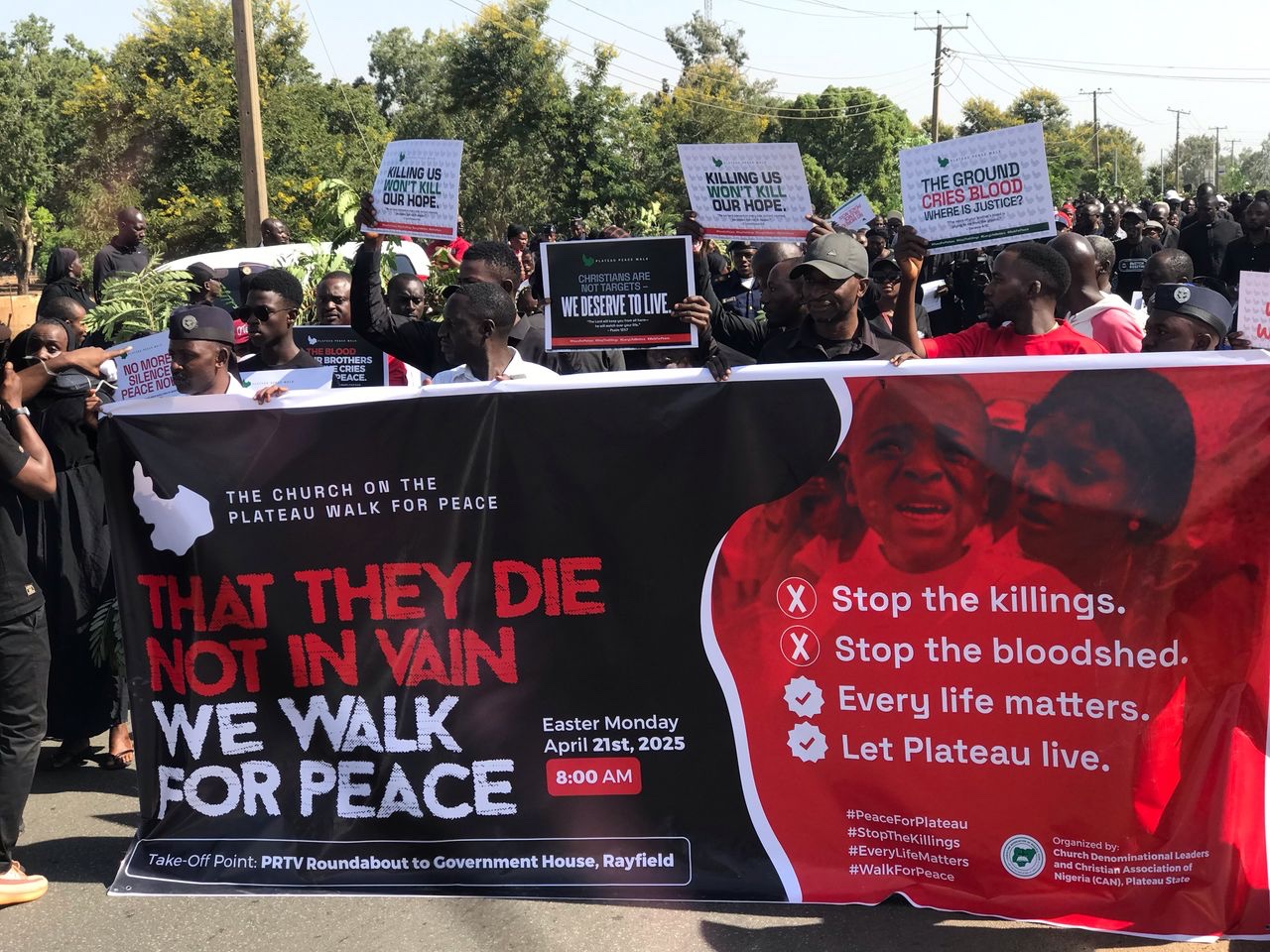
House of Representatives Urges Professional Training and Regulation of Vigilante Groups to Curb Jungle Justice and Lawlessness

In a historic move that reflects growing concerns over security and justice across Nigeria, the House of Representatives has called for the professional training and regulation of vigilante groups to curb the increasing instances of jungle justice and lawlessness in local communities. This call, issued following a series of troubling reports about the unchecked power and activities of vigilante groups, aims to address the increasing prevalence of extrajudicial actions, mob justice, and the overall erosion of rule of law in various parts of the country. It marks a significant step in the country’s ongoing battle with insecurity, societal violence, and the challenge of maintaining justice in an environment where trust in formal law enforcement institutions has been shaken.
The call from the House of Representatives was made after several high-profile cases of jungle justice, where individuals suspected of crimes were violently punished or killed by local vigilantes without trial or evidence, garnered national attention. These incidents, often brutal and conducted in public spaces, have sparked outrage and concern about the deterioration of law and order in communities. In response, the House has emphasized the need for effective regulation and oversight of vigilante groups to ensure that they do not become instruments of violence and lawlessness, but rather serve as lawful and responsible bodies working in partnership with security agencies.
Vigilante groups have long existed in Nigeria as informal security outfits, often stepping in to fill the gaps left by under-resourced or overwhelmed law enforcement agencies. With limited police presence, especially in rural or conflict-prone areas, these groups have gained prominence in the protection of local communities. They often take on roles such as patrols, community surveillance, and helping to apprehend suspected criminals. However, the increasing power and autonomy of these groups have led to growing concerns about accountability and the potential for abuse of power. In many instances, members of vigilante groups have taken the law into their own hands, meting out justice without due process, and even engaging in violent acts that undermine the very principles of justice they are supposed to uphold.
The call for the regulation of these groups comes at a time when Nigeria is grappling with heightened insecurity across the country. From Boko Haram insurgents in the northeast to bandits in the northwest and southward to violent ethnic clashes in various regions, the state has struggled to maintain control. In many areas, residents have turned to vigilante groups for protection, but the lack of training and oversight has resulted in situations where these groups sometimes contribute to rather than mitigate violence. Without clear legal frameworks or standardized training, many vigilante groups operate in ways that fuel lawlessness, with little understanding of legal principles or human rights protections.
The House of Representatives has now recognized the urgency of bringing these groups under some form of professional oversight, proposing that they undergo structured training that aligns with established legal and ethical standards. This training would ensure that vigilantes are equipped with the necessary knowledge to distinguish between legitimate law enforcement duties and actions that violate the law. The idea is to transform these groups into well-trained, law-abiding, and responsible entities capable of assisting formal law enforcement in addressing security challenges without stepping outside the bounds of legality.
By calling for regulation, the House seeks to create a framework that would officially recognize the role of vigilante groups in the security architecture while holding them accountable for their actions. This would involve establishing rules and protocols for the operation of these groups, including how they are to interact with police forces, the legal limits on their power, and guidelines on the use of force. In addition, the proposal calls for the establishment of a body to oversee the registration, accreditation, and monitoring of vigilante groups, ensuring they operate in accordance with the law and within the parameters of accepted human rights practices.
For many Nigerians, the move to regulate vigilante groups is seen as a necessary step toward restoring trust in the nation’s security structures. The rise of vigilante justice has, in part, been driven by a deep frustration with the formal security forces, which have often been accused of inefficiency, corruption, and a failure to protect citizens. In many areas where the police are unable or unwilling to act, vigilante groups have stepped in, but with mixed results. Some have gained the support of local communities for their efforts to address crime, while others have gained notoriety for their violent, unrestrained actions.
However, critics of vigilante groups argue that the unchecked rise of such outfits has led to a breakdown of law and order, with accusations of abuse, extortion, and wrongful punishment. The absence of proper training and regulation has meant that vigilantes often act on suspicion rather than evidence, and their decisions are not subject to judicial scrutiny. This lack of accountability has led to numerous cases where innocent people have been targeted or abused, fueling a cycle of violence that is difficult to contain.
In light of these issues, many Nigerians have expressed hope that the regulation of vigilante groups will strike a balance between addressing local security concerns and safeguarding the rights of individuals. By professionalizing these groups, they would not only help reduce instances of jungle justice but also play a more constructive role in ensuring peace and safety within their communities. Additionally, training vigilantes in conflict resolution, non-violent intervention, and basic human rights protections could help ensure that their actions do not escalate into further violence.
The government’s call for professional regulation has also been welcomed by experts in criminal justice, who see it as an opportunity to introduce more effective and sustainable solutions to the nation’s security challenges. According to these experts, creating a regulated and accountable network of vigilante groups could help bridge the gap between formal law enforcement and the communities they serve. It would also provide the state with valuable intelligence and support, particularly in hard-to-reach areas where the police may have limited presence.
Furthermore, professional training would provide vigilante groups with the tools to recognize the legal limitations of their role and reduce the potential for abuse. One critical area that experts have pointed out is the need for training in the proper treatment of suspects, respect for due process, and understanding the ethical boundaries of law enforcement. This could prevent the kinds of arbitrary arrests and punishment that have become synonymous with jungle justice.
In a broader sense, the regulation of vigilante groups would contribute to reinforcing the rule of law in Nigeria, ensuring that no one, regardless of their position or affiliation, is above the law. If vigilantes are adequately trained and regulated, they would be in a better position to work alongside the police and other law enforcement agencies to protect communities, reduce crime, and prevent the rise of mob justice.
As the discussion surrounding the regulation of vigilante groups continues to unfold, the House of Representatives has sparked an important conversation about the future of security in Nigeria. While the challenges of regulating informal security bodies are significant, the push for professionalization is a crucial step in ensuring that these groups play a constructive, lawful role in the fight against crime, rather than perpetuating the cycle of lawlessness that has plagued many communities across the nation. Whether this initiative will succeed in transforming vigilante groups into professional, responsible security actors remains to be seen, but it undoubtedly represents a significant move towards a more orderly and just society.


